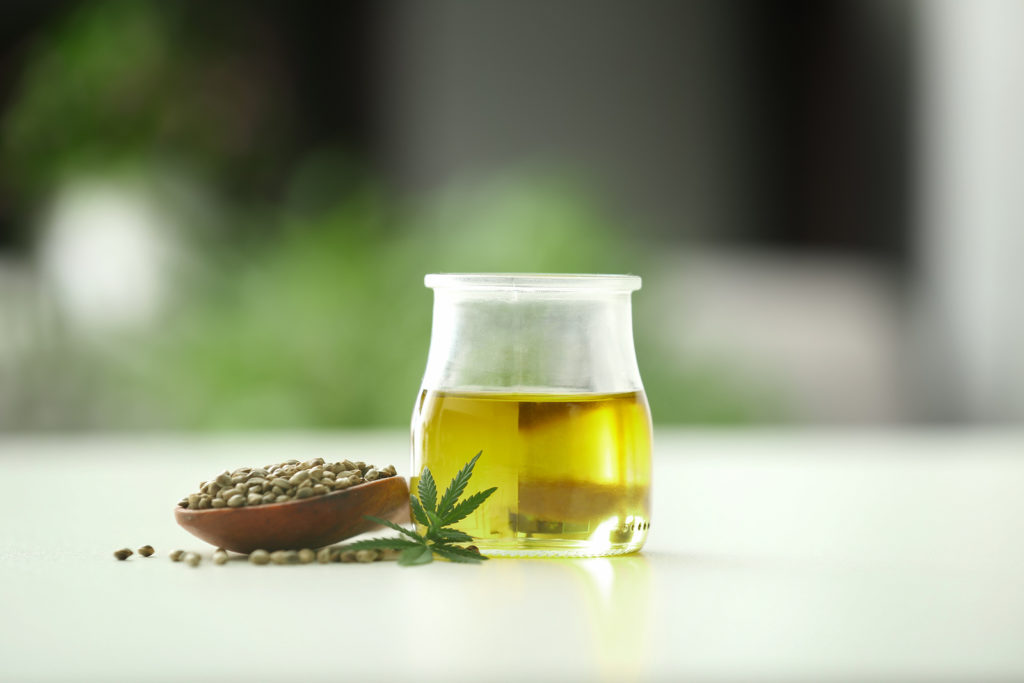After over a year of industry confusion, the Drug Enforcement Agency (DEA) has clarified its stance on cannabis extracts and the Controlled Substances Act (CSA).
According to the DEA, cannabis materials or products that do not fall into the definition of marijuana are excluded from the CSA.
This means that cannabidiol (CBD) is not a controlled substance if derived from the mature stalk of the hemp plant.
This clarifying statement comes after the DEA established a New Drug Code for Marihuana Extract in December 2016. This drug code stated that derivatives of marijuana—including cannabidiol (CBD)—would be treated as Schedule I controlled substances. After the drug code’s release, many thought the hemp industry was in a “grey area” as the DEA defined cannabinoids as derivatives of marijuana. Hemp remained legal under the 2014 Farm Bill, but the drug code confused many on the legality of hemp-derived products.
In response to the drug code, the Hemp Industry Association (HIA) sued the DEA. The industry’s petition was rejected; however, it most certainly had an impact on the DEA’s decision to clarify its stance.
In its clarification, the DEA stated that the Final Rule “does not include materials or products that are excluded from the definition of marijuana set forth in the Controlled Substances Act (CSA).” According to the CSA, marijuana is defined as all parts of the Cannabis sativa plant, whether growing or not and excludes “the mature stalks of such plant, fiber produced from such stalks, oil or cake made from the seeds of such plant.” All of US Hemp Wholesale products contain hemp oil from the mature stalk of the industrial hemp plant and are therefore in compliance with the DEA.
With this clarification, the DEA makes it clear that hemp-derived CBD is legal and is not a controlled substance. There is more to be done in terms of hemp legislation; however, the DEA’s clarification is a step toward acceptance of this non-intoxicating compound.

